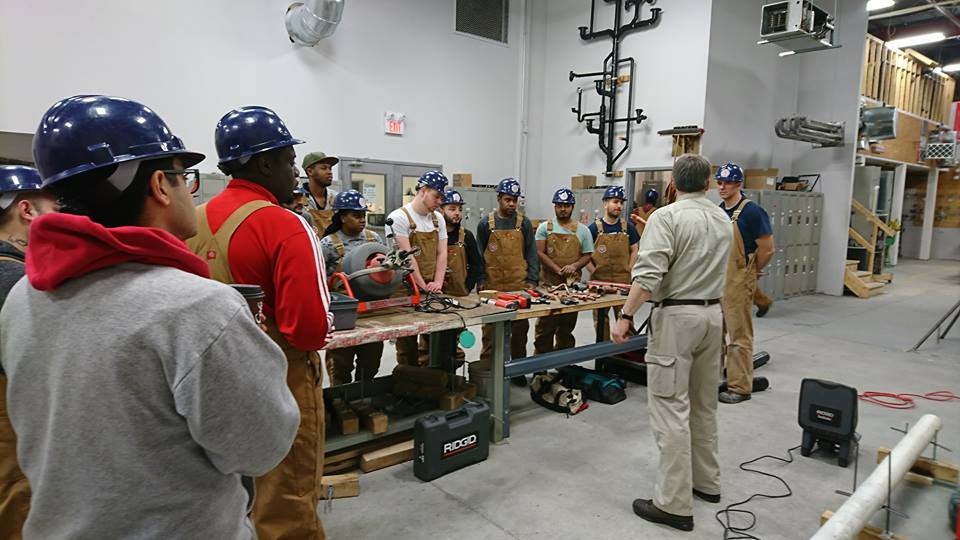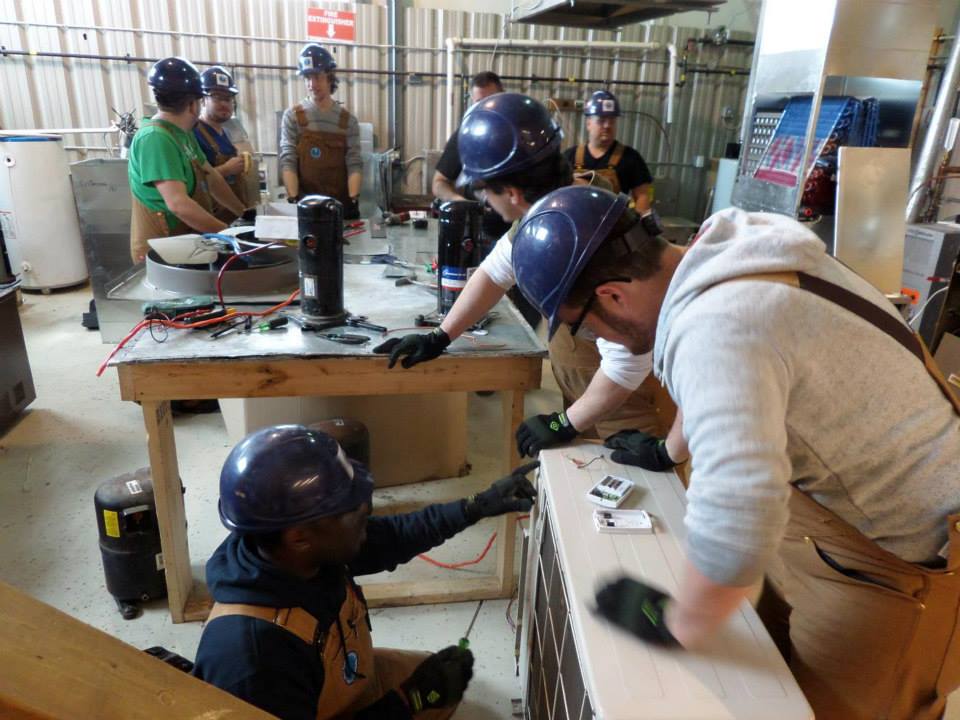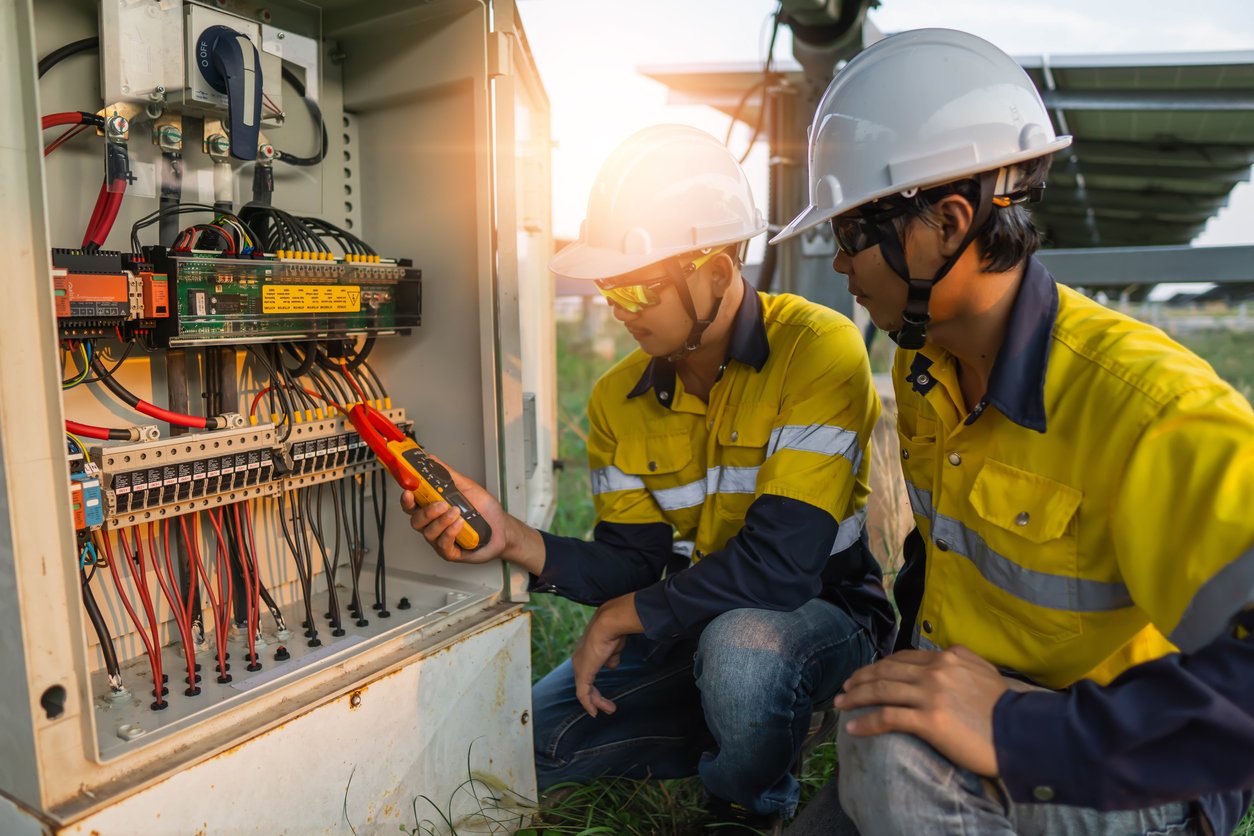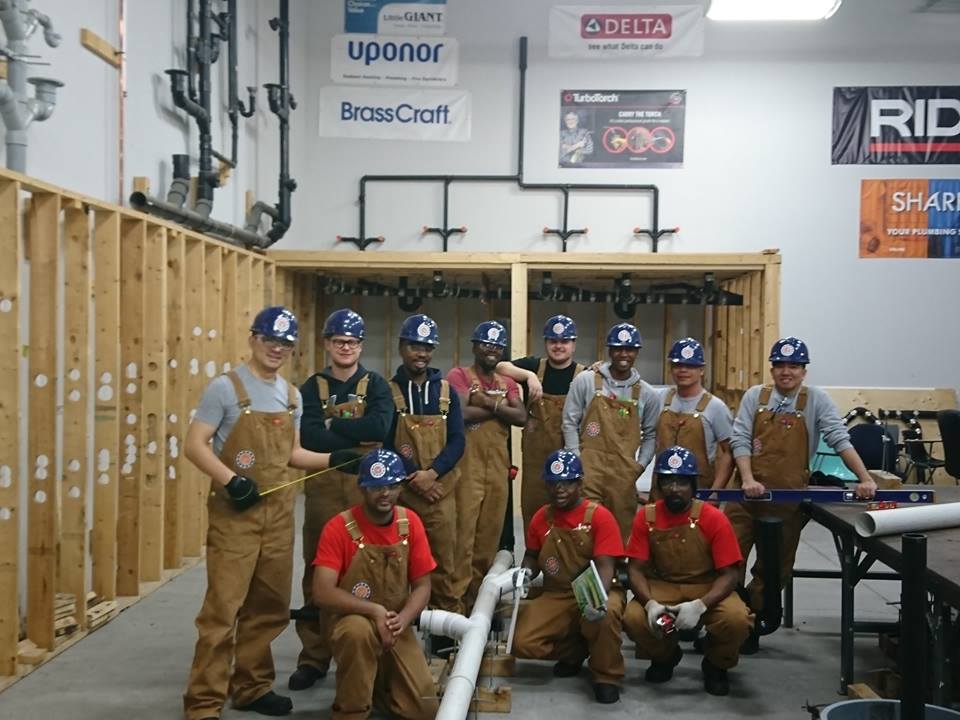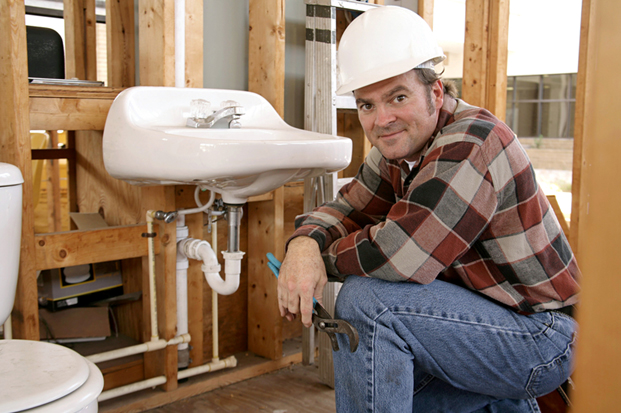Updated December 2025
So you've earned your G3 and are ready to go after your G2 certification. There are many good reasons to level up and challenge the TSSA G2 exam.
You'll need this Certificate of Qualification to build your career in plumbing, HVAC, appliance repair—or to find employment as a gas fitter in Ontario.
So what can you expect to learn in a Gas 2 training program? What should you look for in a quality program and keep in mind about the exam? Here's what you need to know.

